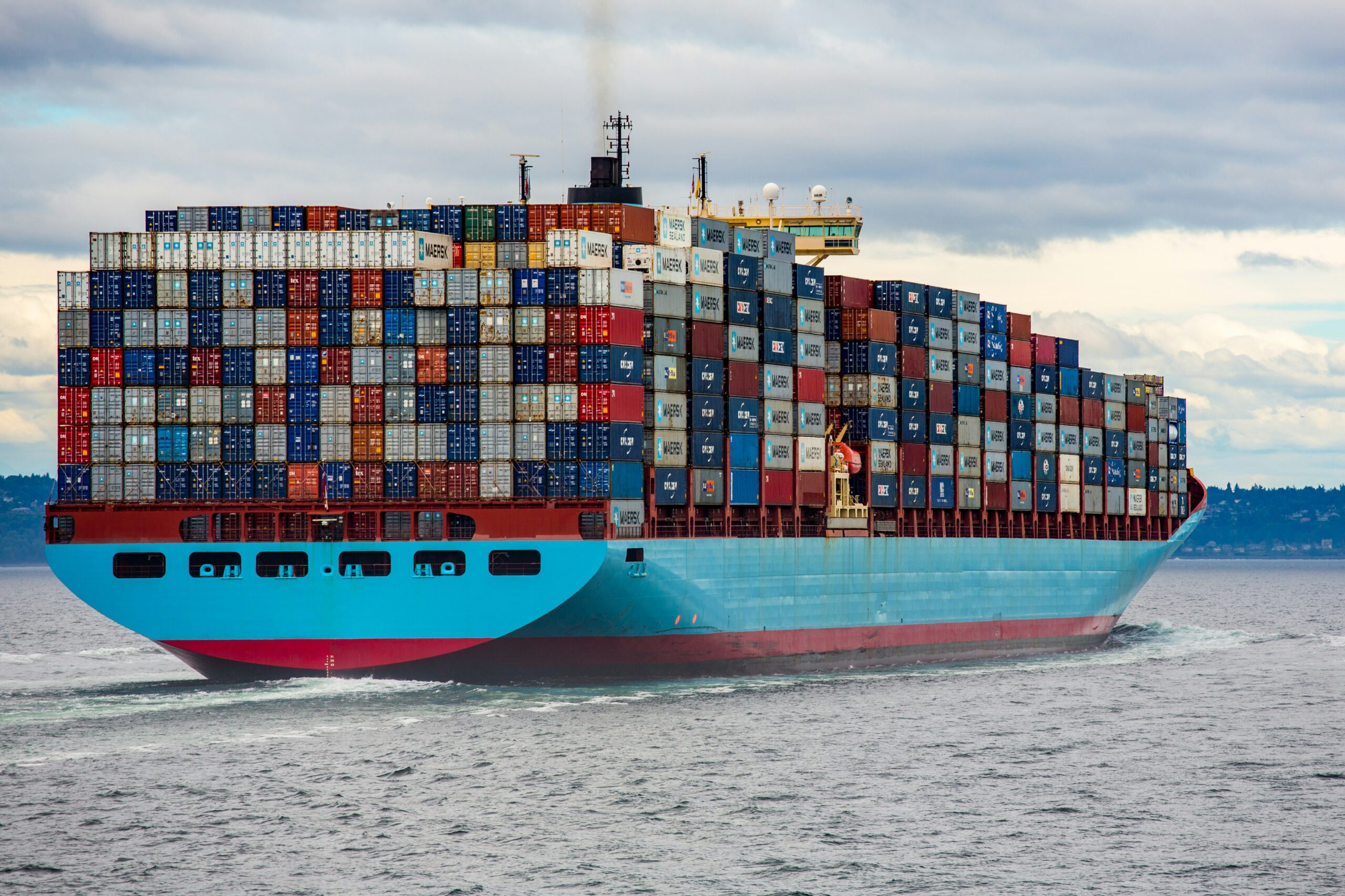Recent global events, including the implementation of tariffs by the United States, have sparked discussions about a potential global trade war. For a trade-dependent nation like Singapore, these developments naturally raise concerns about our daily lives and financial well-being. Let’s break down how these shifts might affect Singaporeans and explore strategies to navigate these uncertain times.
The Ripple Effect on Daily Life and Expenses
Singapore’s economy is deeply intertwined with global trade. We import a vast array of goods, from electronics and food to clothing and household items. When tariffs are imposed by major economies, it can lead to increased costs for these imported products. While Singapore itself may not face direct tariffs from all trade partners, disruptions to global supply chains and a slowdown in global trade will inevitably affect us.
We might see a gradual increase in the prices of everyday goods. Businesses could face higher costs for imported materials and components, and some of these costs are likely to be passed on to consumers.
This could potentially impact our purchasing power, meaning our dollar might not stretch as far as it used to. The extent of this impact will depend on how widespread and prolonged the trade tensions become. Reports suggest that Singaporean consumers might end up paying more for products due to the new tariff regime.
Investment Strategies in a Turbulent Climate
The prospect of a global trade war can also inject volatility into financial markets. This uncertainty might cause fluctuations in the value of our investments, particularly those tied to international markets or sectors heavily reliant on global trade.
Escalating global trade tensions could negatively impact Singapore’s economy, potentially softening employment conditions and consumer confidence, which in turn could weigh on household spending and retail sales.
In such times, it’s natural to feel concerned about our investment portfolios. However, it’s crucial to maintain a long-term perspective. Market fluctuations are inherent to investing, and periods of uncertainty are often followed by recovery and growth.
One proven strategy to navigate market volatility is Dollar-Cost Averaging (DCA). This involves investing a fixed amount of money at regular intervals, regardless of market fluctuations. When prices are low, you buy more units, and when prices are high, you buy fewer. Singapore’s national financial education programme, MoneySense, also suggests DCA as a strategy to navigate market conditions. This approach helps to average out your purchase price over time, reducing the risk of investing a large sum at the peak of the market.
For long-term financial goals, a strategy focusing on investments with a horizon of 10 to 30 years is often the most resilient. While short-term market noise might be unsettling, history suggests that consistent investment in a diversified portfolio over the long run has a high probability of appreciating in value, outpacing inflation and preserving your purchasing power.
Protecting Your Future for Peace of Mind
In an unpredictable global landscape, the most prudent approach is to shield ourselves from unexpected financial shocks. This means having a robust financial plan that considers various scenarios. Beyond long-term investing and DCA, it’s wise to ensure you have adequate savings to cover unforeseen circumstances, such as job loss or unexpected expenses.
Now is an opportune time to review your financial health.
Understand your risk tolerance, consider adopting a DCA approach for your investments, and ensure you have a safety net to protect your savings. Preparing for the unexpected will not only safeguard your financial future but also provide you with peace of mind, allowing you to navigate any economic headwinds with greater confidence.
Footnotes
Gan, K. S. (2025, March 6). S’pore growth to slow as trade tensions rise, but green, digital opportunities will emerge: DPM Gan. The Straits Times. https://www.straitstimes.com/singapore/politics/spore-growth-to-slow-as-trade-tensions-rise-but-green-digital-opportunities-will-emerge-dpm-gan
Woo, A. (2025, April 5). ST Explains: How will US tariffs affect Singapore consumers? The Straits Times. https://www.straitstimes.com/business/economy/st-explains-how-will-the-us-tariffs-affect-singapore-consumers
Toh, Y. C. (2025, April 5). Singapore retail sales fall worse-than-expected 3.6% in February; tariffs darken outlook. The Straits Times. https://www.straitstimes.com/business/singapore-retail-sales-fall-3-6-in-february-partly-due-to-cny-timing
The Straits Times. (2024, October 11). Stay ahead of inflation: Strategies to help protect and grow your money. https://www.straitstimes.com/business/invest/stay-ahead-of-inflation-strategies-to-help-protect-and-grow-your-money

